When Richard Met Jan!
Estimated reading time: 8 minutes, 59 seconds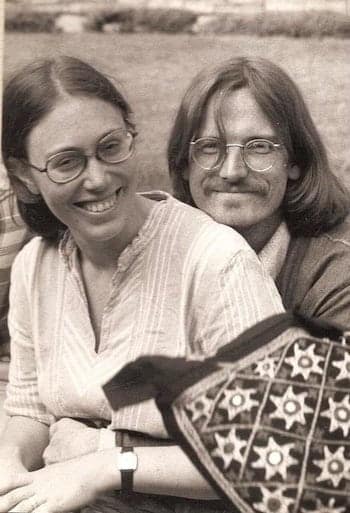
Wine on my Head and
Love in My Heart!
“You came to my party,” Jan exclaimed with a big smile to greet me. My concerns about needing someone to introduce me to her were no longer necessary. I’ve never been speechless, but in the early hours of November 11, 1973, I could not respond.
Finally, I said, “Hello, it’s so nice to see you.”
I should have stopped after saying hello. Alas, I did not.
“If you had called me in January, I would have been on the subway in a New York minute to see you,” I said.
You never called me.” protested Jan as her smile turned into a frown.
“I did not have your number,” I responded.
I noticed her raising the wine glass in her right hand, but I thought she was about to have another sip to drink. But Jan was pouring her wine on my head, and nothing like that had ever happened to me.
Without fully thinking about the consequences, I raised my beer can and doused her head with it. I started apologizing, but her laughter stopped me with the words still in my mouth, and I started laughing with her. I thought I had made a significant mistake as soon as I did.
The party was noisy and filled with smoke when I arrived after midnight. The only sound I could hear was her lovely voice. Once we stopped laughing, it was as if we were alone.
Every time I started to say something, she made the same comment. I know there is a rumor about old married couples finishing each other’s sentences, and we were not finishing them; we were starting them together.
I did not want the conversation to stop, and I wanted to spend the rest of my life with her. But then, a familiar voice pierced the pod that surrounded us.
Richard, we are leaving,” said Mark, my co-worker and friend.
I was between a rock and a hard place. I knew I should leave with my friends, but I also wanted to stay with Jan. I was afraid if I left, Jan and I might not meet again. I did not even have her phone number or know her last name.
When Mark told me they were leaving, I was not thinking about the next five minutes.
My thoughts were on the next five weeks, five months, five years, and decades, Jan and I could live together and love each other.
I wanted to kiss her so she knew how I felt, but waI s unsure if she would let me.
I only needed two fingers to count the number of women I had kissed. Years ago, the number of brushoffs had exceeded the total of all my fingers and toes.
I was worried that Jan had a boyfriend, and he might be at the party, and perhaps all she wanted was a friend to have a few laughs and pour wine on their head.
I saw my three friends from East Williamsburg gather their coats. The time to decide was now.
“I will meet you in the subway in a minute,” I said half-heartedly.
I rose slightly from my chair and leaned over toward her. I decided a kiss on her forehead would be safe. However, I kissed the top of her head.
She looked up and smiled at me. She smiled and lifted her head, and I kissed her forehead. Our lips embraced, and we kissed for the first time. It was the sweetest kiss in the universe.
I never made it back to East Williamsburg that night.
After almost 48 years, I recently lost my wife, Jan Lilien. Like The Little Prince, Jan and I believed that “The most beautiful things in the world cannot be seen or touched, they are felt with the heart.” This blog is a collection of my random thoughts on love, grief, life, and all things considered.


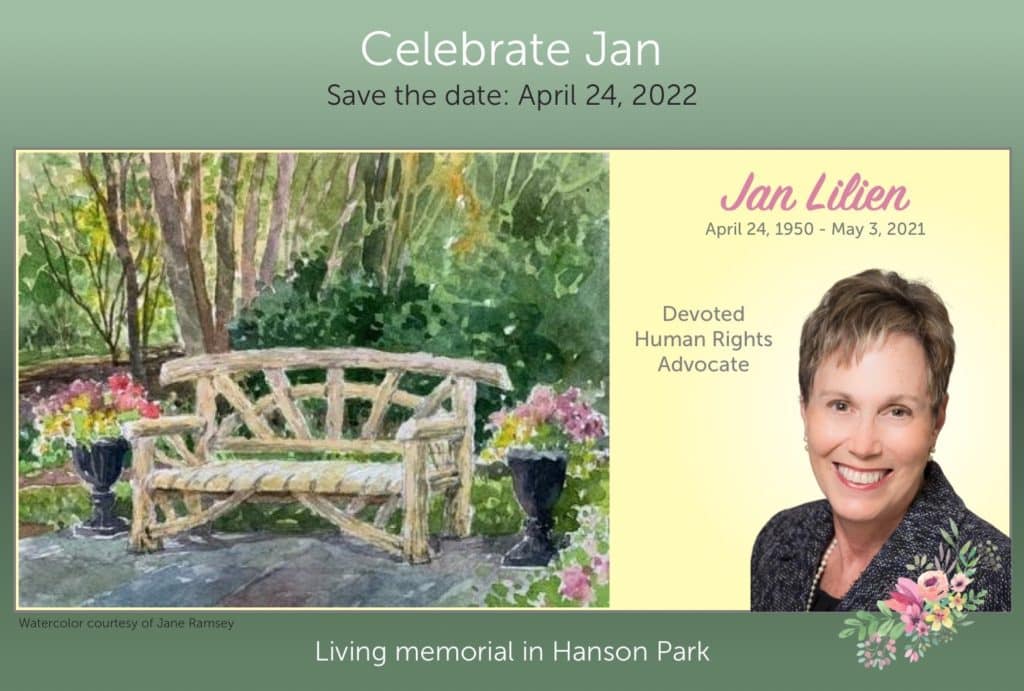
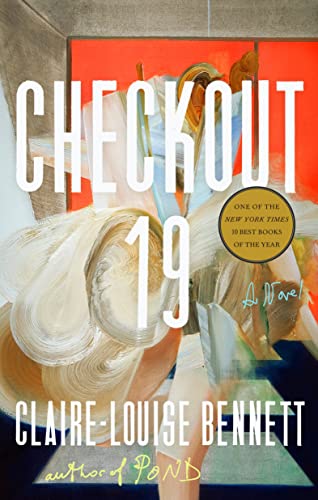
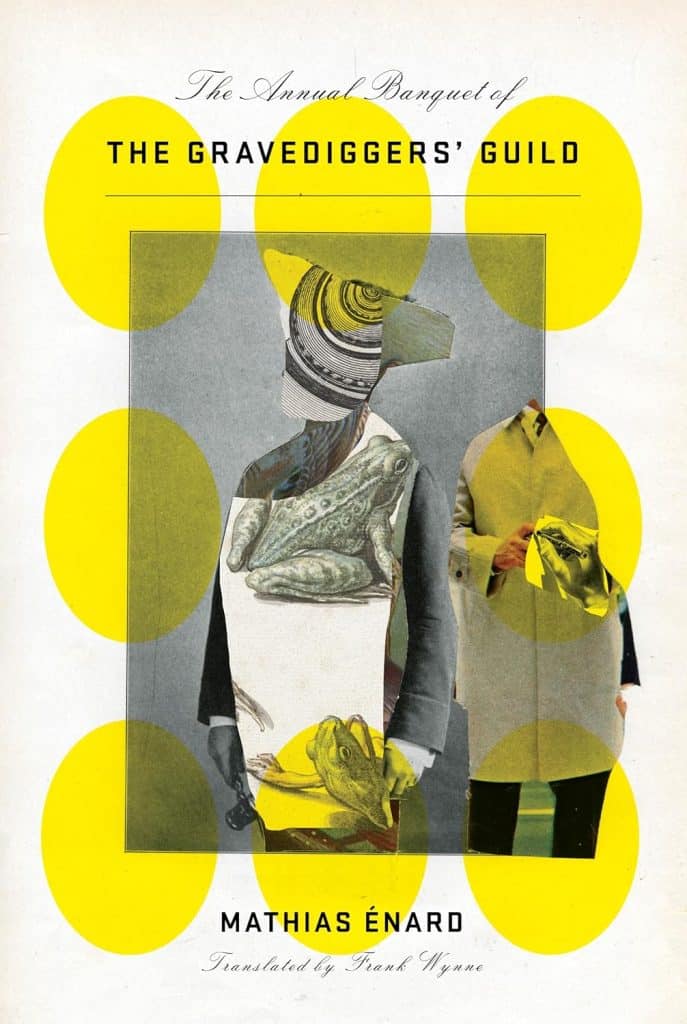
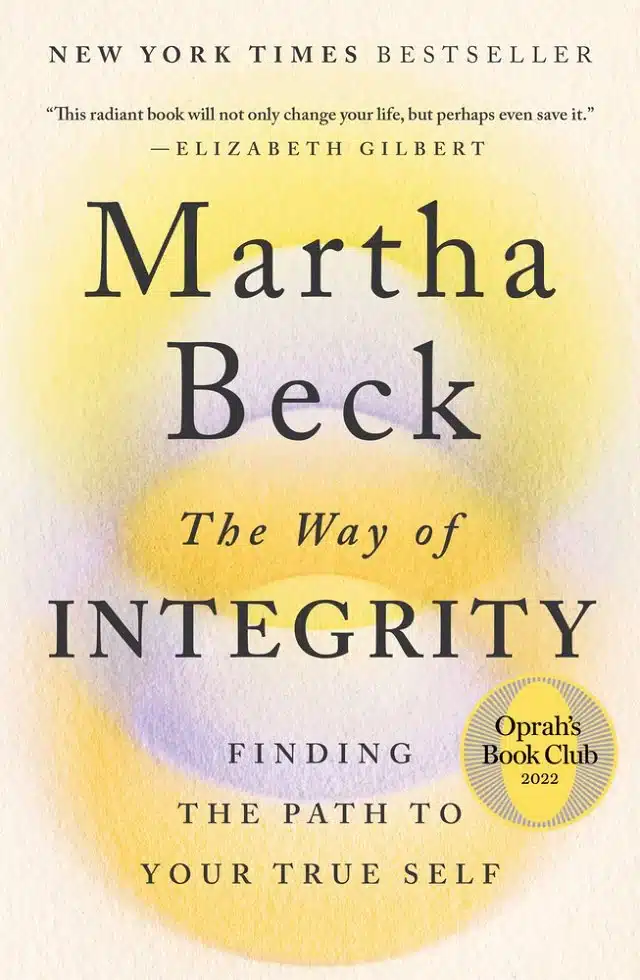
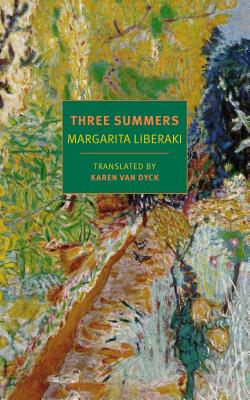
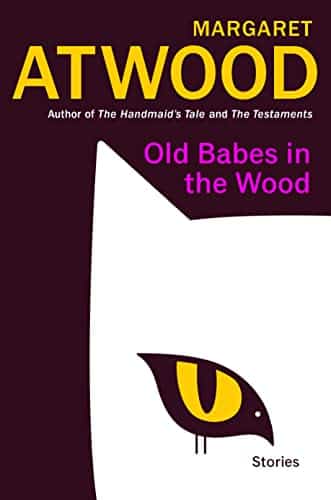
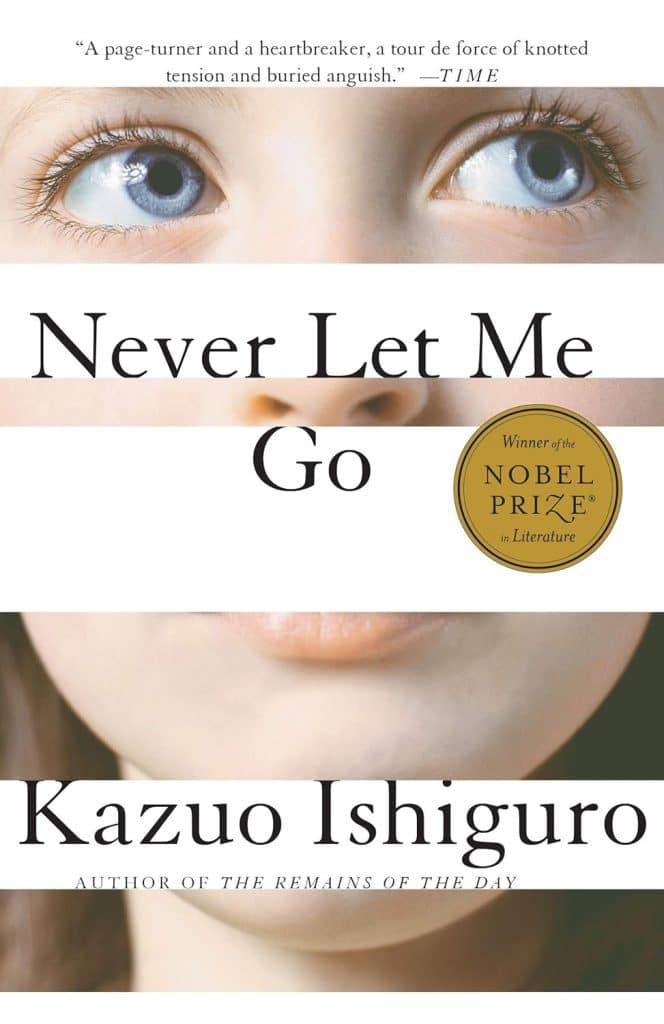
Beautifully written, my friend… thanks for sharing!
Thanks, Steve. I appreciate your friendship and your opinion. The words flow like an incoming tide at the beach. The memories of falling in love with Jan remind me how fortunate I was to be loved by her.
Other memories are bubbling inside of me, waiting for the words to fill the page. Writing about Jan, love, life, and grief helps me during this difficult time. Love never dies. I find this quote by Helen Keller one that helps me manage my grief.
“What we have once enjoyed we can never lose. All that we love deeply becomes a part of us.”
Thanks so very much for reading this post.